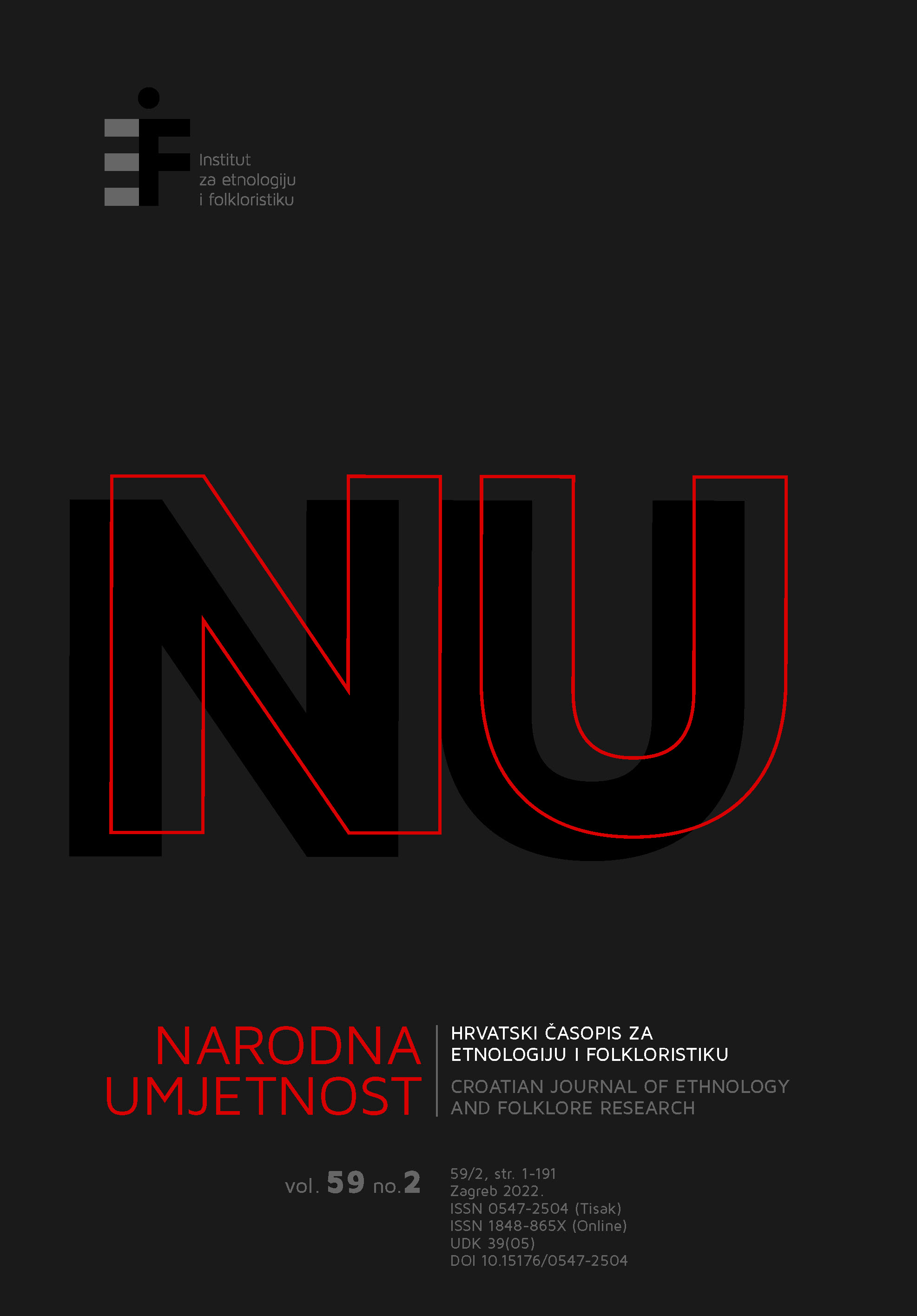Islanders’ Heterogenous Temporalities: The Case of the Town of Hvar
Sažetak
This paper revisits the cultural stereotype of a sharp binary division between “summer” and “winter” temporalities in an island town in Croatia (Hvar). It highlights the existence of parallel and competing temporalities that generate heterogeneous social and individual rhythms. The overarching rhythm of summer tourism, which divides the year into “summer” (roughly between May and October) and “winter” (roughly between November and April), conceals other temporalities, both in the sense of how locals perceive and organise their temporal rhythms and in the sense of how they experience them. The article discusses these heterogeneous temporalities and how they orchestrate the locals’ lives, how they criss-cross and relate to one another, and how they transition into one another. Attention is directed to individual meanings and preferences, experiences, and resistance to the overwhelming rule of the rhythm of tourism.
Keywords: anthropology of time, temporality, tourism, Mediterranean, town of Hvar

